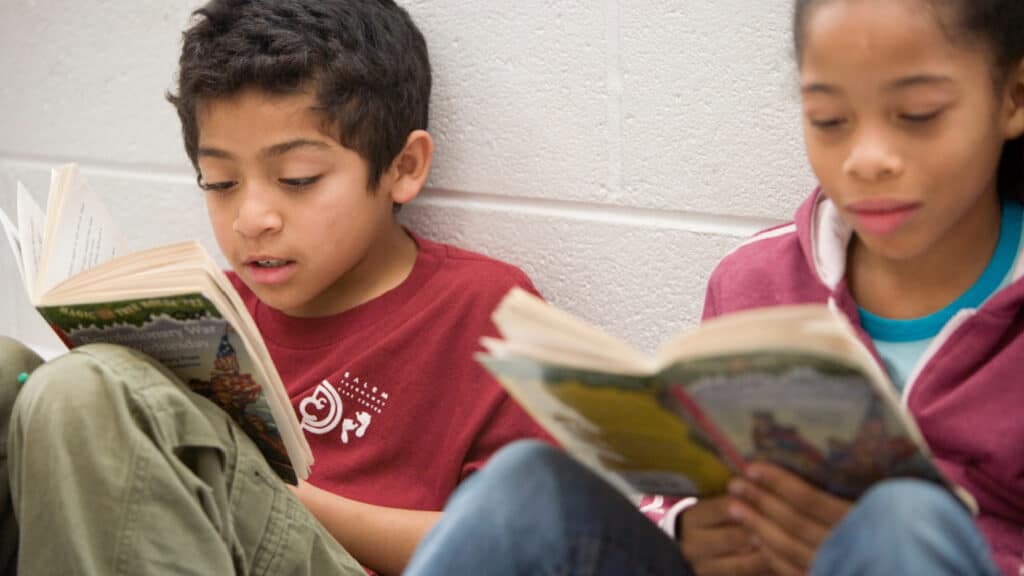
New Jersey Adds Latino History to School Standards After Years of Gaps in Textbooks
Hispanic Heritage Month hits different when the state puts it in writing. This week, New Jersey said classrooms will teach Latino and Hispanic history from kindergarten through senior year. Gov. Phil Murphy signed the bill during a Drumthwacket event and called it a way to “cement the legacy of New Jersey’s Latino and Hispanic communities.”
This is about what students learn and who gets seen. The law directs the State Board of Education to add standards on Latino and Hispanic history and requires local boards to incorporate these lessons into their curriculum. The Senate backed it unanimously. The Assembly saw one no vote from Assemblyman Sean Kean. Lessons could begin in the 2026–2027 school year.
What New Jersey’s new law actually does
Under the statute, the State Board of Education must update the New Jersey Student Learning Standards in Social Studies. Districts must “include instruction on the history and contributions of Latinos and Hispanics” in grades K through 12.
The instruction must be historically accurate, culturally relevant, community-based, and developmentally appropriate. That comes directly from the Governor’s Office release. The Department of Education will provide sample learning activities in consultation with the Commission on Latino and Hispanic Heritage.
Leaders say New Jersey students deserve the full story
Murphy set the tone in his statement. “By teaching students about their neighbors, we are raising a more informed next generation of future leaders in the Garden State.” Education Commissioner Kevin Dehmer added context. “Codifying Hispanic and Latino history instruction into law is an important extension of that commitment,” he said, according to the Governor’s Office. He noted the department will partner with the Commission on Latino and Hispanic Heritage to support districts with resources.
The case for change cites data and representation
Sponsors pointed to what gets left out. “A study by Johns Hopkins University found that 87% of ‘key topics in Latino history’ are either left out of textbooks entirely or reduced to fewer than five sentences, leaving a profound gap in the story of America,” said Senate Majority Leader M. Teresa Ruiz in the Senate Democrats’ statement. “Our children deserve to see that history reflected accurately and Latinos represented in exceptional spaces.”
Sen. Brian Stack kept it local. “Nearly one-quarter of New Jerseyans identify as Hispanic or Latino,” he said, noting the importance of seeing classroom content reflect community reality. Sen. Angela McKnight framed it as a future-facing approach. “Crafting a diverse curriculum in New Jersey public schools is imperative if we wish to achieve a more inclusive future.”
What this means in New Jersey classrooms
Assemblyman Julio Marenco described the goal. “By integrating Latino and Hispanic American history into the core curriculum, we acknowledge the ever-evolving diversity of America and affirm the need for an education system that is not only equitable in knowledge but also instills pride in all of its students,” he said in the Assembly Democrats’ release.
Assemblywoman Eliana Pintor Marin added the stakes. “Representation matters, and as New Jersey’s Latino population continues to grow, it’s important that our students learn a history that reflects the diverse voices and contributions that make up our state and nation.” Similarly, Assemblywoman Carmen Morales said the bill “closes that gap” that kept Latino and Hispanic history at the margins. And Assemblywoman Annette Quijano called it a way to ensure students “feel proud of their roots.”
New Jersey joins a broader shift in standards
This requirement sits with others already on the books. The New Jersey Monitor noted existing statutes on the Holocaust, the history and contributions of Black Americans, and the contributions of LGBT people, along with civics and diversity and inclusion. The Governor’s Office stated that the new standards will be incorporated into the current review cycle of the New Jersey Student Learning Standards. NBC Philadelphia reported that boards of education will be responsible for integrating instruction into their Social Studies curricula.
Community groups are watching the rollout
Advocacy groups endorsed the move, linking it to student outcomes. LULAC’s national president, Roman Palomares, said, “Every student deserves to see the contributions of Latinos and Hispanics reflected in their education.” UnidosUS President and CEO Janet Murguía called integrating Latino history “a powerful step toward telling a more accurate account of our shared history,” according to the Governor’s Office statement.
Similarly, education unions also weighed in. NJEA President Steve Beatty said the law helps teachers “introduc[e] students to a broader range of voices, experiences, and perspectives.”




